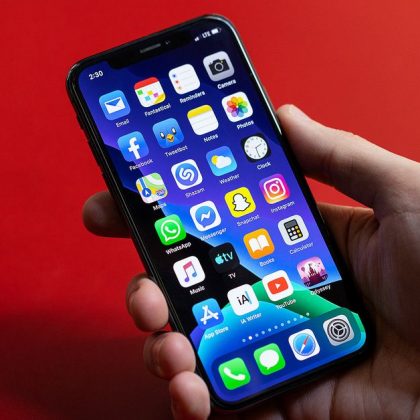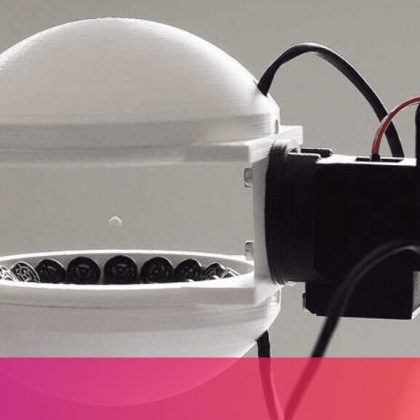As technology increasingly shifts from the smartphones in our pockets to smart devices all around us, Google foresees privacy protocols will need to evolve as well. “It’s not like you can sign a TOS (Terms Of Service) when you enter someone’s house,” Nest’s VP of Product Rishi Chandra told Business Insider in a recent interview. “So we have to be very upfront about how our products work.” In response, the company released a set of privacy commitments on Tuesday for its smart home devices and services that it says it will follow, starting with Nest Hub Max — which was announced at Google’s annual developer’s conference on Tuesday. Chandra said part of earning users’ trust in an ambient computing world will be creating a consistent experience across its suite of products. “Part of this is making us rethink decisions we’ve made in the past,” Chandra said. “[Moving forward] we’re not going to allow the owner dictate how our products work.”
Visit Business Insider’s homepage for more stories. As technology evolves from the smartphones in our pockets into a realm of scattered devices that listen, watch and interact with us, Google expects privacy to go through a big change. For one thing, says Google hardware executive Rishi Chandra, a world of ubiquitous smart devices located in homes, offices and streets means a different relationship between a user and a product. “We’re trying to clarify, whether you’re the owner or a friend or a guest — what our products do from a privacy standpoint. How do they work? Why do we have sensors in them? What do the sensors do?” Chandra said in an interview with Business Insider. “It’s not like you can sign a TOS (Terms Of Service) when you enter someone’s house. So we have to be very upfront about how our products work.” Chandra is the VP of Product at Nest, Google’s line of home appliances such as smart thermostats, video cameras and the Nest Hub Max that was unveiled at the Google I/O developers conference this week. His products exist in the world of “ambient computing” — a term coined by tech journalist Walt Mossberg to describe the growing array of technology that exists outside our personal devices.
Read more: Google’s new $229 ‘smart hub’ device has a built-in Nest camera that can recognize your face With ambient computing, much of the decision making power that users have today on their computers or smartphones will be stripped, Chandra says. For instance, when someone walks into a friend’s home who has a smart speaker, that person doesn’t have control over what information is collected from the conversation — the power lies with the company making the speaker. “Because it’s a communal experience, the bar is very different,” Chandra said. “Now all of a sudden, the commitment to privacy isn’t just to me, but to anybody that actually walks into my house.” Chandra told us that Google recognized this paradigm shift and the problems it could introduce. In response, the
Read More





